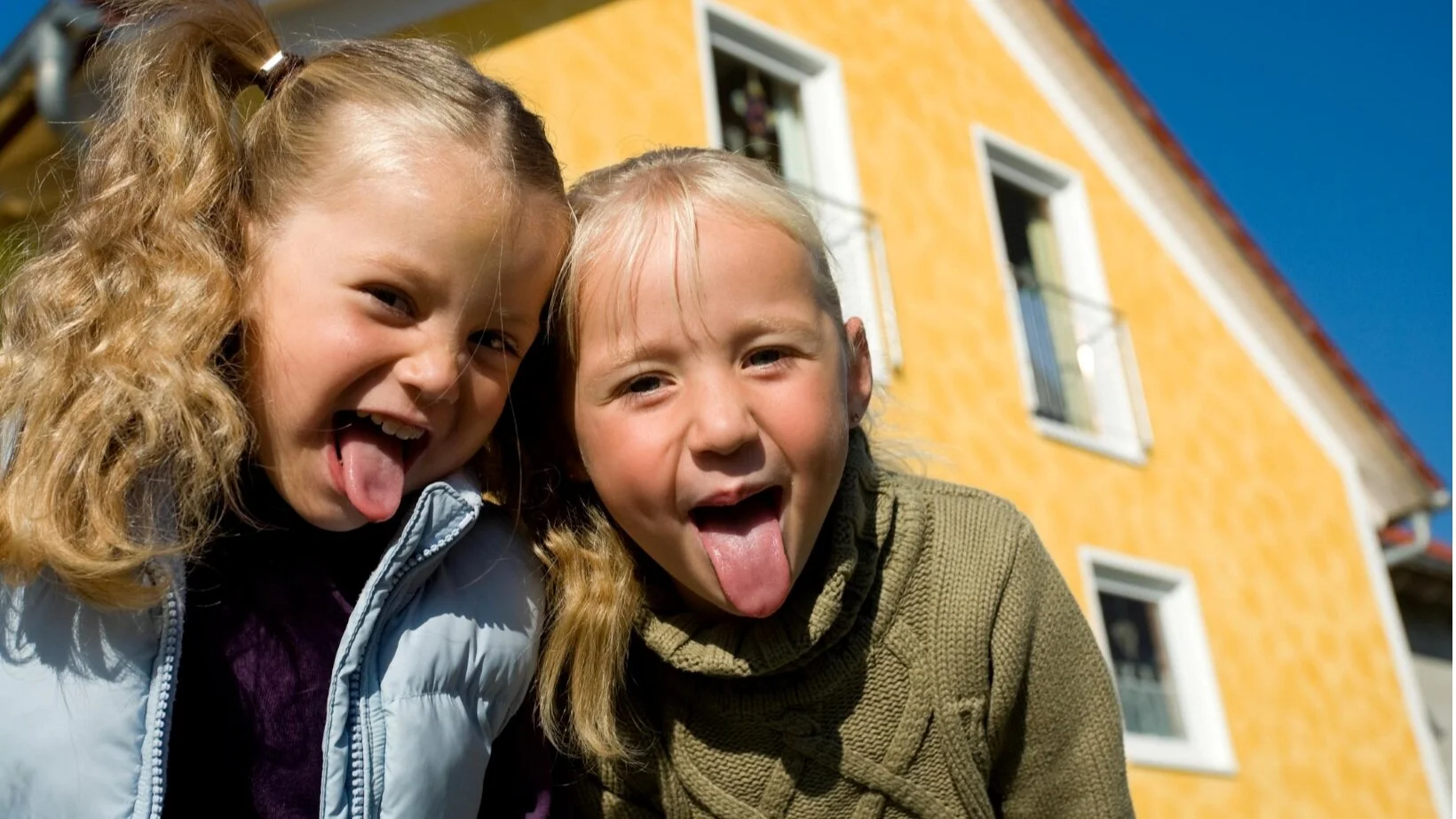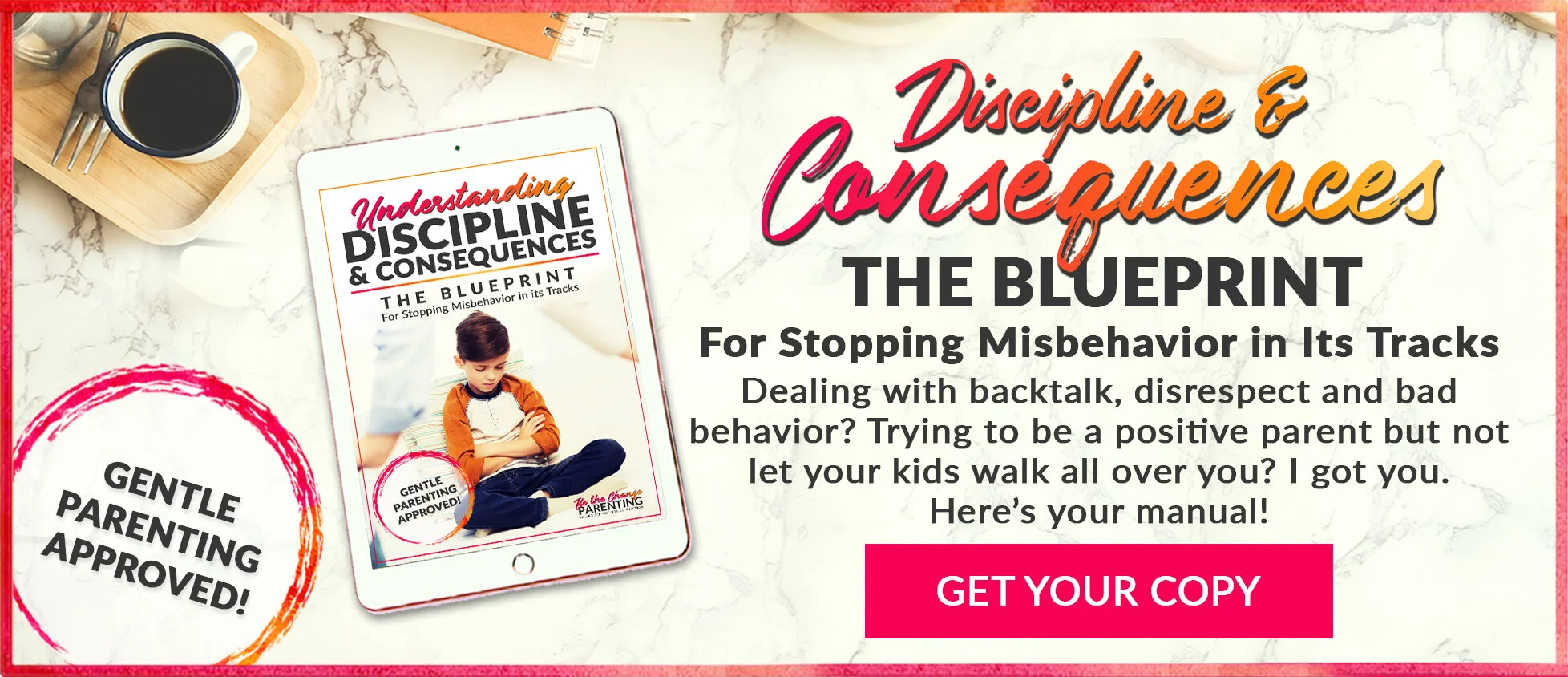positive discipline: how to get mind-blowing results
So your kid isn’t perfect.
Little mischievous sometimes?
Welcome to the club!
I’m going to share with you a 3-prong approach to positive discipline, so you know just what 3 questions to ask yourself when misbehavior is in the air in your home. (Although of course I wish upon you only smiling compliant little angel faces looking up at you! 😊)
I know that word.
Discipline.
Discipline has gotten a bad rap over the years, but – it’s actually a good thing – when done the right way, with the right intentions.
Because we love our children and want them to get on well in the world, and not get themselves into trouble.
So we need to set some boundaries for them and show them what is ok and what is not.
The idea is to raise your kids to grow up to learn SELF-discipline. And that’s a very good thing.
To get started, let’s talk about Emotional Intelligence. The term became popular thanks to Daniel Goleman’s book in 1995, Emotional Intelligence, where he explains how to deal with people using the Emotional Intelligence system.
Basically, you ask yourself 2 questions whenever you deal with people in any situation dealing with conflict. WHAT do I want to accomplish? HOW can I go about getting what I want in the most effective way?
☞ If you like this post, you will love: How to Raise Problem Solvers Using the Power of Magic Words
I can give you an example of girl who was sent home from school and told that she can’t come on the end of year school trip. Her parents were very upset, and they felt that she was used as the fall out girl in the class. The father wanted to go in and give the principal a piece of his mind.
But. He realized, knowing the personality of this principal, that if he went into there and started giving him a piece of his mind, it wouldn’t get his daughter back into class and on the school trip.
He asked himself, What do I want to accomplish? How can I best achieve that? So he went into the principal and apologized profusely for his daughter’s behavior and explained that his daughter was very sorry herself as well.
End of the story - the daughter went on the trip.This is what we’re going to do when we discipline our children.
We’re going to ask ourselves these two questions. But, first we need to know WHY the kid acted the way she did. Because before I can ask WHAT do I want to accomplish I need to know WHY she did the deed that she needs a consequence for.
The Positive Discipline Formula:
WHY? WHAT? HOW?
Why did my child act this way?
What do I want to teach him?
How can I best accomplish teaching this?
When you get to a situation where you have a child who is misbehaving, and you need to do something, you ask yourself these 3 questions before making your first move.
Why? What? How?
EXAMPLE:
My 3-year-old is going (tongue and lips flapping together – like spitting) to everyone all day long. How rude. In my face, at his brothers and sisters.
What kind of bad behavior?
Hold on. WHY is he doing it?
I watched him closely for 3 days and saw that he does it on his own in his room too. It’s some kind of sensory feeling that he’s getting from it and he likes it. He also sees that he gets a rise out of all of us to he does it in our face, because that’s fun attention too.
WHAT do I want to teach him? To enjoy doing it at the wall, not in anyone’s face.
HOW?
“Come, let’s do it together? Who can do this? Only at the wall. Does it feel good?”
When he forgets “Remember, only at the wall.”
Sometimes you won’t need a consequence. You’ll get to the root of the problem, understand your child better and be able to help them without any consequence.
But sometimes you will need that consequence.
A consequence is there to teach your child an important life lesson, because you love him. You don’t want him growing up thinking that he can run into the street or slap people or take other people’s things or be disrespectful.
If all your child needs is positive reinforcement and encouragement to learn everything he needs to, then by all means. But most kids will sometimes need a consequence to learn a lesson – no amount of positive reinforcement will deter them from doing the wrong thing when they feel so compelled.
Start noticing:
WHY is my child behaving like this?
WHAT do I want to teach him right now?
HOW can I best teach this lesson in the most effective way?
What do you do when your kids misbehave?
Do you have a formula?
Share it below so others can benefit.





